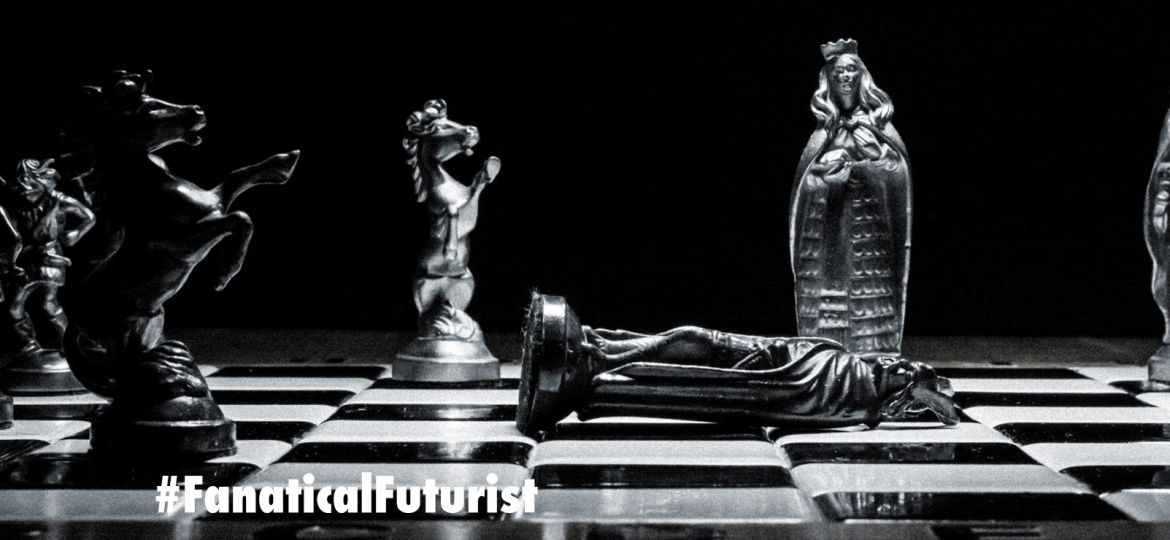
WHY THIS MATTERS IN BRIEF
Generalised AI’s that can learn and master complex subjects within hours will have wide ranging benefits for industry and society alike.
As most people will happily tell you Chess isn’t an easy game, at least by human standards, but for an Artificial Intelligence (AI) powered by what many are starting to call an “alien like” intelligence as it turns out the game that has kept some of the best human minds busy for millennia is little more than a trivial distraction that can be learned and mastered in just a few hours.
In a paper published last week a team of researchers at Google’s DeepMind lab detailed how their latest creation, called AlphaZero, which is a tweaked more generic version of AlphaGo Zero, a self-learning AI that “creates its own knowledge with no human input,” and the descendent of the great Alpha Go that routinely annihilated the world’s best Go players before being annihilated itself by AlphaGo Zero 100 games to nil, took just four hours to learn the rules of chess before obliterating the open source world champion chess program Stockfish with “superhuman” like performance.
Put this another way AlphaZero ingested and absorbed all the world’s chess knowledge in less time than it takes to drive from London to Manchester, and after being programmed with nothing more than the rules of chess it took Stockfish to town, playing 100 games, winning 28 and drawing in all the rest, with Stockfish recording no wins and AlphaZero no losses.
“We now know who our new overlord is,” said chess researcher David Kramaley, the CEO of chess science website Chessable, “it will no doubt revolutionise the game, but think about how this could be applied outside chess. This algorithm could run cities, continents, universes.”
DeepMind has been developing and refining its AI’s for years, teaching them to do everything from dream, fight one another and imagine, to giving them human like memory and the ability to self-learn, and super human skills that include building new AI’s, lip reading, play games and translating hundreds of languages on the fly, and it’s clear that it’s only just starting to get warmed up.
Unlike AlphaGo Zero and AlphaZero’s predecessors, who all learned to play their games by watching and analysing the moves made by human players, ironically a tactic that was intended to help the fledgling AI’s master strategy but that now is increasingly looking like it was actually more of a hindrance than a help, the two newest members of the family are increasingly showing us just how devastatingly effective their approach to self-learning actually is.
“It’s like an alien civilisation inventing its own mathematics,” says computer scientist Nick Hynes from MIT, “what we’re seeing here is a model free from human bias and presuppositions. It can learn whatever it determines is optimal, which may indeed be more nuanced that our own conceptions of the same.”
In their latest paper the researchers outline how the latest AlphaZero AI takes the self-learning technique, called Reinforcement Learning, and manages to apply it much more generally than you’d expect in order to give it the ability to solve a broader range of problems. And that broader focus means AlphaZero doesn’t just play chess. It also plays Shogi, a form of Japanese Chess, and Go too, and unsurprisingly, it only took two and eight hours respectively to master those games as well.
“I always wondered how it would be if a superior species landed on Earth and showed us how they played chess,” said chess grandmaster Peter Heine Nielsen, “now I know.”
Check mate, mate.
















